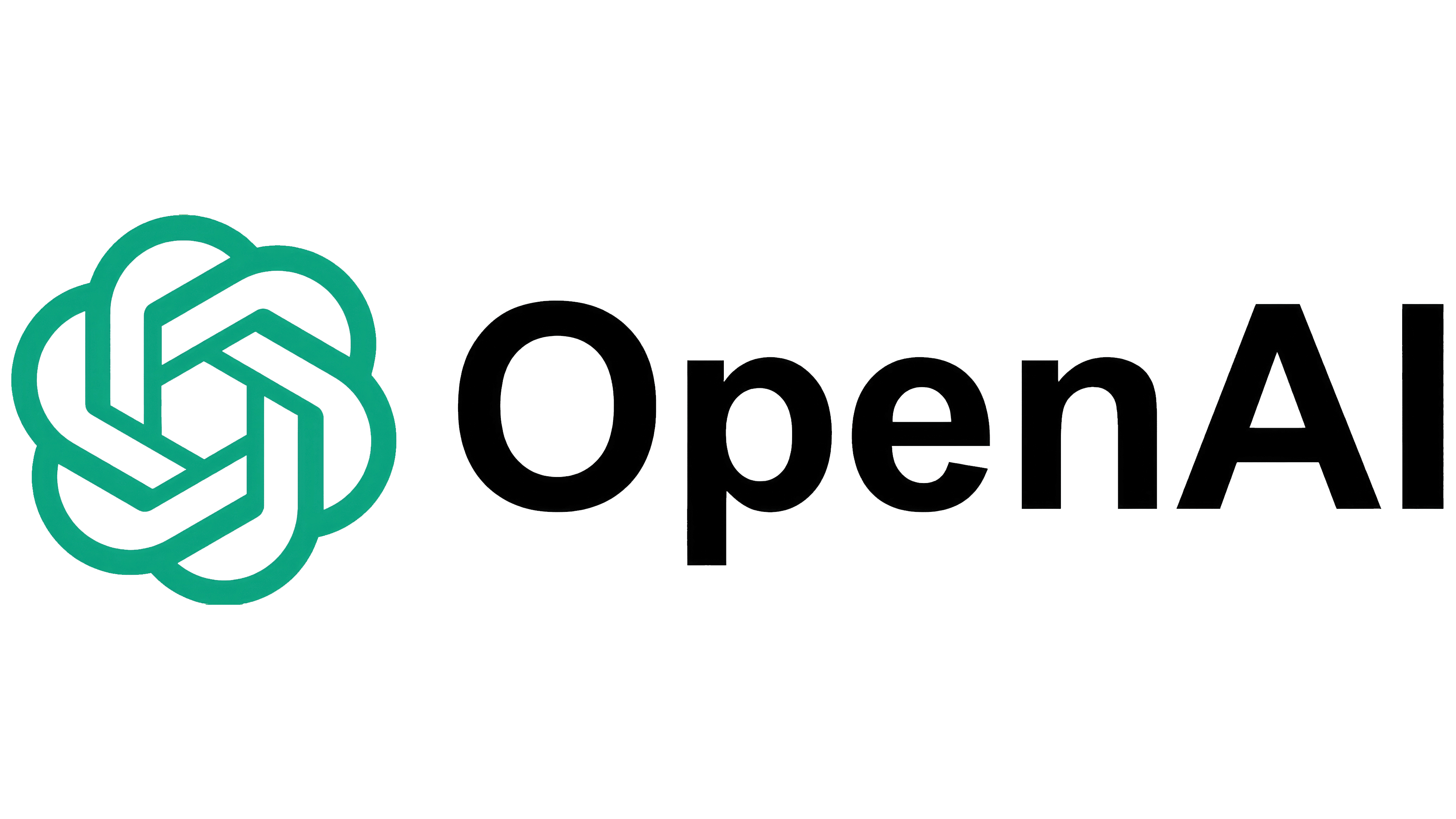OpenAI's Journey from Chat Apps to Global Tech Leader
OpenAI evolves from chat apps to a global tech leader, with significant AI advancements and strategic investments boosting its valuation to $500 billion.

Introduction to OpenAI's Transformative Journey
In recent years, OpenAI has undergone a remarkable metamorphosis, evolving from a company focused on chat applications to a global tech giant. This transformation is underscored by significant advancements in artificial intelligence, strategic investments, and a growing presence in the tech industry. OpenAI's journey highlights the rapid pace of innovation in AI and its profound impact on technology and business.
Key Milestones
-
Founding and Early Years: OpenAI was founded in 2015 with the goal of advancing AI in a beneficial way for humanity. Initially, it focused on research and development, particularly in the area of Generative Pre-trained Transformers (GPT), which have become a cornerstone of its success.
-
GPT Models: The company introduced its first GPT model in 2018, followed by subsequent versions like GPT-2 in 2019 and GPT-3 in 2020. These models have been pivotal in demonstrating the potential of AI in language processing and generation.
-
ChatGPT Release: In November 2022, OpenAI released ChatGPT, a chatbot based on its GPT models. This release marked a significant milestone, as ChatGPT quickly gained popularity, becoming one of the fastest-growing consumer software applications in history.
Financial Growth and Valuation
OpenAI's financial growth has been exponential. As of October 2025, the company's valuation reached $500 billion, a substantial increase from its valuation of $20 billion in December 2022. This growth is attributed to significant funding rounds, including a $40 billion Series F round led by SoftBank, and strategic investments from major players like Microsoft, Nvidia, and SoftBank. OpenAI's annualized revenue has also seen a dramatic increase, doubling from $6 billion in January 2025 to $13 billion by July 2025.
Revenue Streams and Business Model
OpenAI's revenue is primarily driven by two key streams:
-
API and Licensing: The company offers its AI models through cloud APIs, allowing developers to access these models for a usage-based fee. This model-as-a-service contributes about 15-20% of OpenAI's total revenue and is crucial for powering third-party applications and enterprise software.
-
Strategic Partnerships: OpenAI also earns revenue from licensing agreements, such as its deal with Microsoft, which integrates GPT-4 into Bing and Azure services. This partnership not only generates income but also enhances OpenAI's influence in the tech ecosystem.
Industry Impact and Context
OpenAI's rise has significant implications for the tech industry and beyond. The company's advancements in AI have set a new standard for language models, influencing how businesses and consumers interact with technology.
Technological Advancements
OpenAI's GPT models have revolutionized the field of natural language processing, enabling applications to generate high-quality text and converse with users in a more human-like manner. This has led to widespread adoption across various sectors, from customer service chatbots to content creation tools.
Market Competition
The success of OpenAI has also spurred competition in the AI sector. Other companies have developed similar large language models, creating a competitive landscape that drives innovation and improves AI capabilities.
Societal and Economic Impact
OpenAI's growth impacts not only the tech sector but also broader societal and economic trends. The company's AI models are being integrated into various aspects of life, from education to entertainment, changing how we interact with technology and each other.
Future Prospects and Challenges
As OpenAI continues to evolve, it faces both opportunities and challenges. The company must navigate regulatory environments, address ethical concerns related to AI, and maintain its competitive edge in a rapidly evolving field.
Regulatory Frameworks
The increasing use of AI raises questions about privacy, security, and ethical standards. OpenAI will need to adapt to emerging regulatory frameworks that aim to govern AI development and deployment.
Ethical Considerations
Ethical considerations are crucial as AI becomes more pervasive. OpenAI must ensure that its models are used responsibly and do not perpetuate biases or harm.
Technological Advancements
Continued innovation in AI will be key to OpenAI's future success. The company must invest in research and development to stay ahead of competitors and address emerging challenges.
In conclusion, OpenAI's transformation from a chat app developer to a global tech giant reflects the rapid progress and potential of AI. As the company continues to grow and innovate, its impact on technology, business, and society will only continue to expand.



